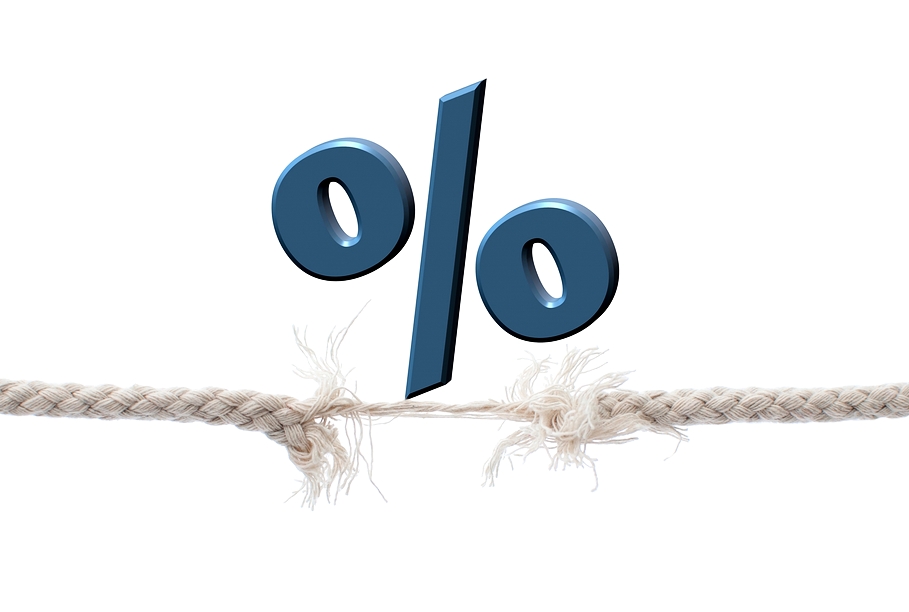One of the most intense flurries of tax legislation came in the fall of 2013, when the budget process gave birth to a host of ideas, from a ports tax, to an environmental tax on ad brochures and many other schemes, only a few of which were ever implemented, such as the tax on subsidized electricity.
Current Finance Minister Andris Vilks has said the tax burden is so light that it cannot satisfy the increasing budgetary demands of running the state.
Yet commercial bank Swedbank economist Mārtiņš Kazāks believes the shadow economy deserves more attention than the tweaking of various available tax mechanisms.
“Latvia and Estonia have very similar taxation levels. Yet if we look at collected revenues, in Estonia it’s 33-34% of GDP, while in Latvia it’s only at 26%. A huge difference worth more than a billion in revenues. What does that mean? Most likely, that we’re not particularly avid taxpayers. One explanation is that as a society we simply avoid paying taxes and try to hide the fact,” Kazāks said.
The shadow economy was targeted by a government plan in 2010 which lasted until 2013, but the Finance Ministry said most of the stated goals were met purely formally. A new set of measures to combat tax evasion in the enterprise sector is currently being drafted.
“Let’s start with the fact that tax policy must fulfil the task of collection and redistribution. Secondly, taxes must be easy to understand and easy to administer. Besides that, taxes must regulate and they must be fair to all to whom they apply. And one other thing that politicians usually forget and governments fail to evaluate – the impact of taxes on a certain economic sector or segment of society,” veteran tax policy expert and former state minister of revenues Aija Poča told LR Tuesday.
KPMG tax manager Gunta Kauliņa agrees that instability in Latvia’s taxation system has been a tremendous disadvantage.
“For many years now we’ve been promised a stable and predictable tax system, but so far we haven’t been able to ensure it. Every new (government) that comes and adopts a budget brings new and unexpected turns in the application of tax policy, which is most unpleasant. Every businessperson will tell you: we’re ready to pay taxes but let us know ahead of time, so we can prepare, forecast our income and payments and think about how we can live, or at least survive,” she said.
Former state secretary for the Finance Ministry Juris Stinka worries that little will change in the future.
“Listening to the election campaign, the things that are being promised do not feed the faith in any stability or consistency, or particularly deep analysis (of the tax problem)”, he said.
Tax experts say the glaring issue that ought to be tackled first is the onerous burden of taxes on low-incomes.
“Definitely the burden on small salaries and low incomes needs to be reviewed,” said Gunta Kauliņa.
“Latvia has in fact the highest tax burden on small salaries, because the effects of constant tweaking haven't given the desired effects. I think the untaxable minimum income level needs to be significantly raised to get this effect. Lowering the tax percentages will reduce the burden equally upon all income levels, which aren’t even that high in comparison with other EU states", she said.
However, most of the experts surveyed do not support a progressive income tax, as promised by many a political party in its election campaign. They point out that it would be extremely difficult to administer and again, would fail to bring about the desired outcome, which would be a notable flow of revenues into the state Treasury.






























